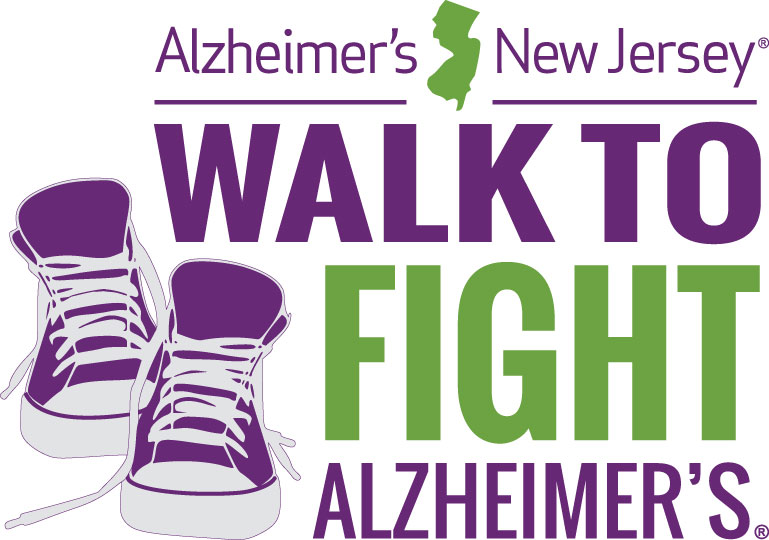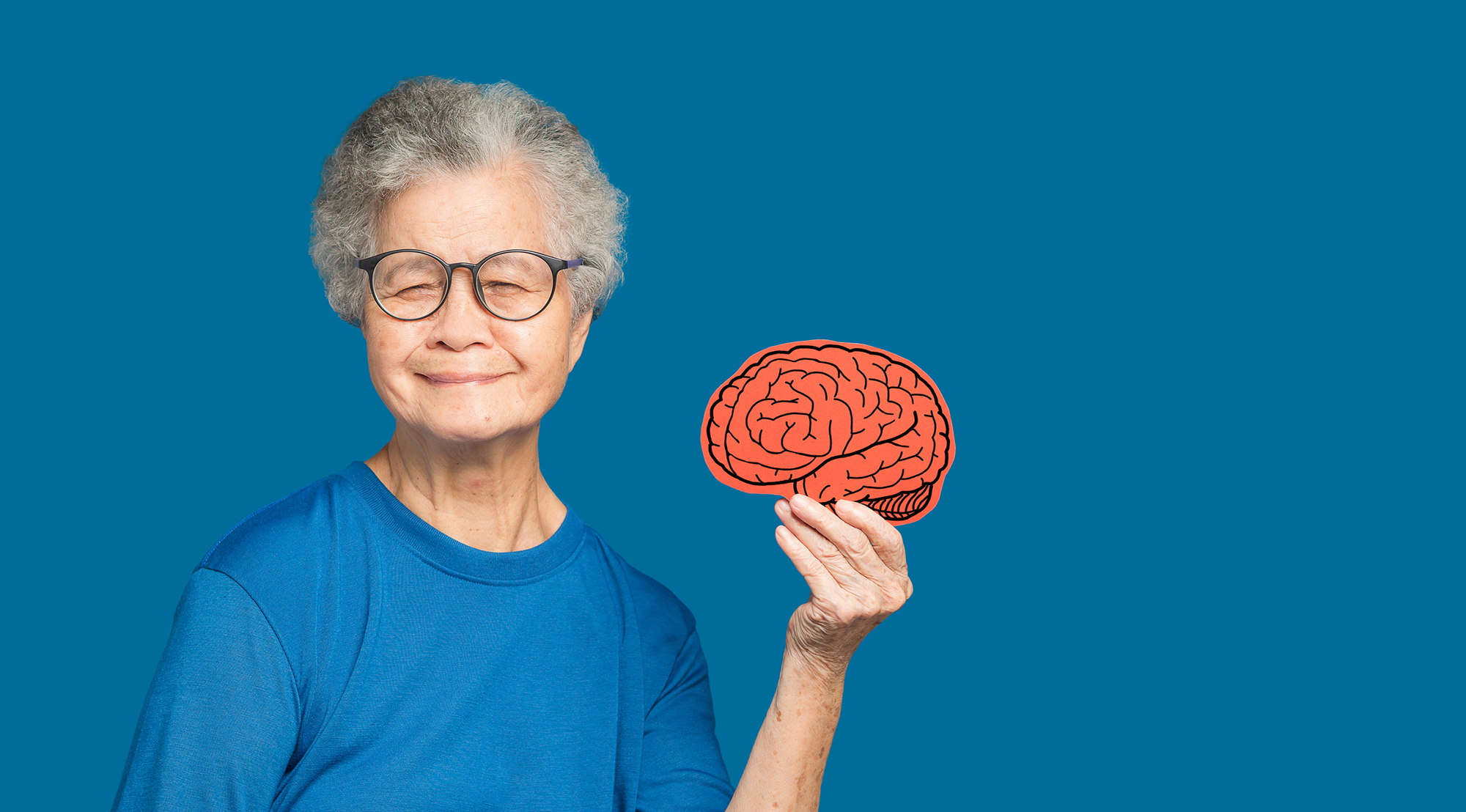Many factors can influence healthy aging. While some of these factors, such as genetics, are not within our control, research shows there are steps you can take to help manage your health as you age. Even making small changes in your daily life can help you live longer and better. For example, a nutritious diet, physical activity, social engagement, sleep, and mentally stimulating pursuits have all been associated with helping people stay healthy as they age.
We all know how important it is to take care of our physical health. Today, we are learning more about the importance of taking care of our brain health which can be affected by age-related changes in the brain, injuries, depression, addiction and diseases like Alzheimer’s. disease.
While aging is the greatest risk factor for developing Alzheimer’s disease, there is a growing body of evidence from research studies that indicate that many of the lifestyle habits that we know are important for good physical health such as diet, exercise and controlling blood pressure and cholesterol levels, may also reduce the risk of developing dementia. However, more research is needed before any of these lifestyle factors can be considered a proven strategy to prevent or delay Alzheimer’s disease. Researchers are continuing to learn more about what might and might not work – but nothing has been proven to date.
There is a great deal of scientific interest in the relationship between cognitive decline and vascular conditions such as heart disease, stroke, and high blood pressure, as well as metabolic conditions such as diabetes and obesity. In addition, ongoing research is focused on developing a better understanding of whether and how reducing risk factors for these conditions may also reduce the risk of Alzheimer’s. Clinical trials are testing some of these possibilities.
According to the National Institute on Aging (NIA), a review of research looked carefully at the evidence on ways to prevent or delay Alzheimer’s dementia or age-related cognitive decline. Led by a committee of experts from the National Academies of Sciences, Engineering, and Medicine (NASEM), the review found “encouraging but inconclusive” evidence for three types of interventions: increased physical activity, blood pressure control and cognitive training. Science is continuing to explore these and other possible interventions.
Alzheimer’s disease is complex, and the best strategy to prevent or delay it may turn out to be a combination of measures
In the meantime, a healthy lifestyle is important for overall health and with longer days and warmer weather, now is a great time to review your choices for healthier living – especially exercise and physical activity which may be the #1 thing you can do to reduce your risk of cognitive decline.
Watch our short video for some tips on staying healthy.





